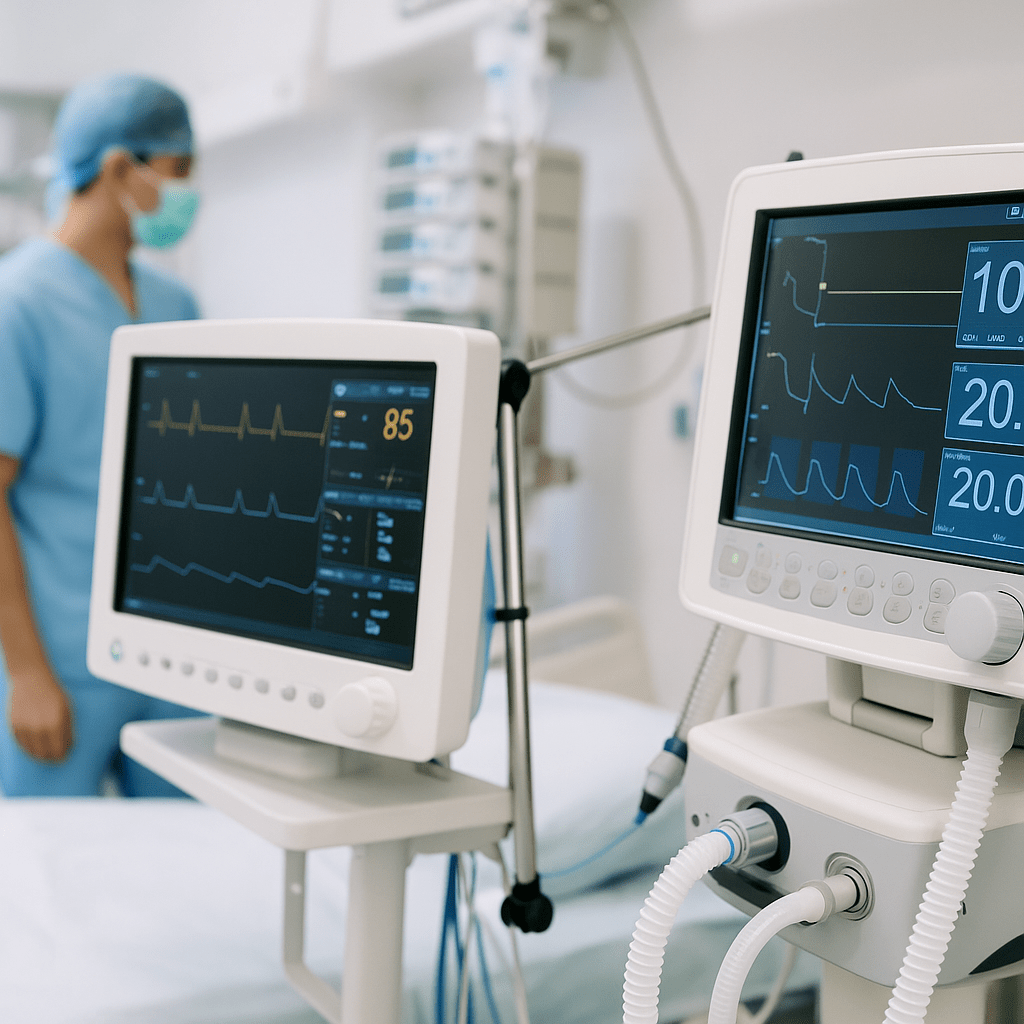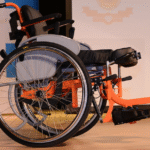India is taking serious steps to ensure that patient safety and national security remain top priorities in the healthcare sector. A recent government investigation is focusing on the potential risks posed by Chinese Internet of Things (IoT)-enabled medical devices. These devices, used widely in rural and semi-urban areas, may pose security threats due to concerns about embedded malware, surveillance capabilities, and data leaks.
Why the Investigation Was Launched
The concern came to light during a high-level meeting chaired by Union Commerce and Industry Minister Piyush Goyal. The focus was on Chinese medical devices that are increasingly being installed in remote Indian healthcare facilities. Officials raised alarms about the possibility of these devices leaking sensitive health data or being used for surveillance.
A government document reviewed by News18 warned that Chinese-owned firms could misuse health data through advanced equipment like imaging machines, patient monitoring systems, and diagnostic tools. These devices, already in use in rural health centers, could potentially be equipped with bugs or malware that can be remotely activated.
Risks Identified
- Data Breach: Concerns that population health data could be accessed or misused by foreign entities.
- National Security Threats: Medical devices might be embedded with malware or bugs that can be triggered any time.
- Surveillance Fears: Devices could allow hostile nations to gather unauthorized data, even affecting defence-related zones.
Types of Devices Imported from China
China is India’s second-largest exporter of medical devices, contributing around Rs 11,506 crore in 2023-24. Popular devices include:
- Patient monitoring systems
- Ultrasound and CT scanners
- In-vitro diagnostic (IVD) kits
- Oxygen concentrators
- Surgical tools and instruments
- Thermometers, orthopaedic implants, and syringes
What the Government Plans to Do
- Cross-ministry Scrutiny: The Commerce Ministry has directed the matter to other key departments like the Department of Pharmaceuticals (DoP), DPIIT, and the Ministry of Health and Family Welfare (MoHFW).
- Quality Control: Stronger quality control orders (QCOs) and anti-dumping measures are being considered.
- Transfer Pricing Review: Agencies like the National Pharmaceutical Pricing Authority (NPPA), Bureau of Indian Standards (BIS), and CBIC have been asked to investigate pricing practices and regulatory compliance.
Why This Matters to Indian Doctors
As frontline providers, doctors need to be aware of the potential risks involved in the tools and technology they use. Whether you operate in urban hospitals or rural health centres, understanding the origin and safety of your equipment is essential. Technology should support your work, not compromise patient safety or data privacy.
For doctors and healthcare entrepreneurs, the Doctorpreneur Academy offers valuable resources on digital health trends, medical technology, and practice management.
Stay updated and secure in your practice by visiting The Doctorpreneur Academy.
Final Thoughts
With the healthcare landscape becoming more digital, vigilance is necessary. This move by the Indian government highlights the importance of safeguarding both health data and national interests. It’s a timely reminder for medical professionals to advocate for secure and ethically sourced medical technology.
Call to Action:
Want to learn more about how to stay tech-smart and secure in your medical practice? Explore resources, courses, and expert insights at The Doctorpreneur Academy today.
👉 To register for our next masterclass, please click here https://linktr.ee/docpreneur



